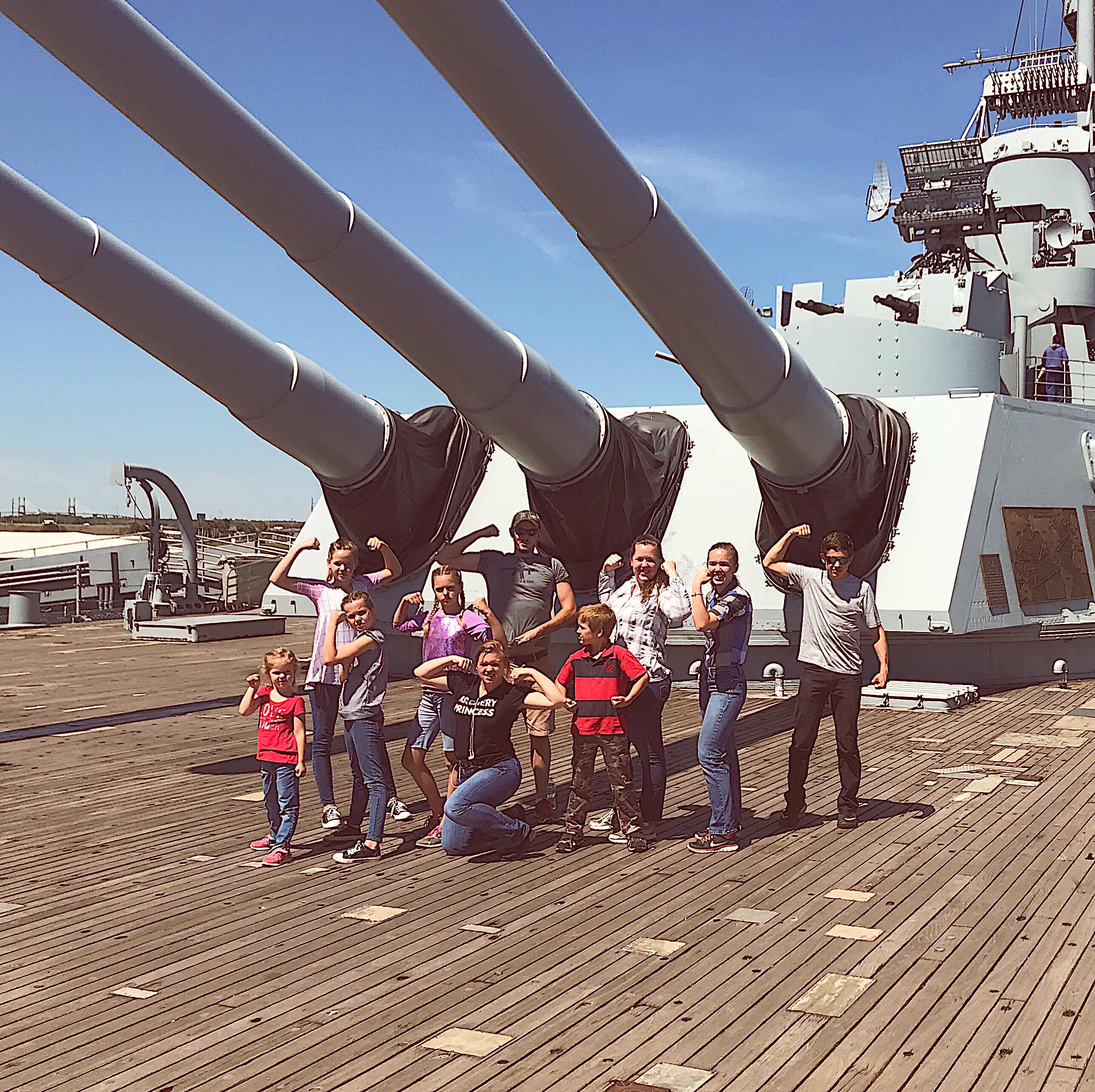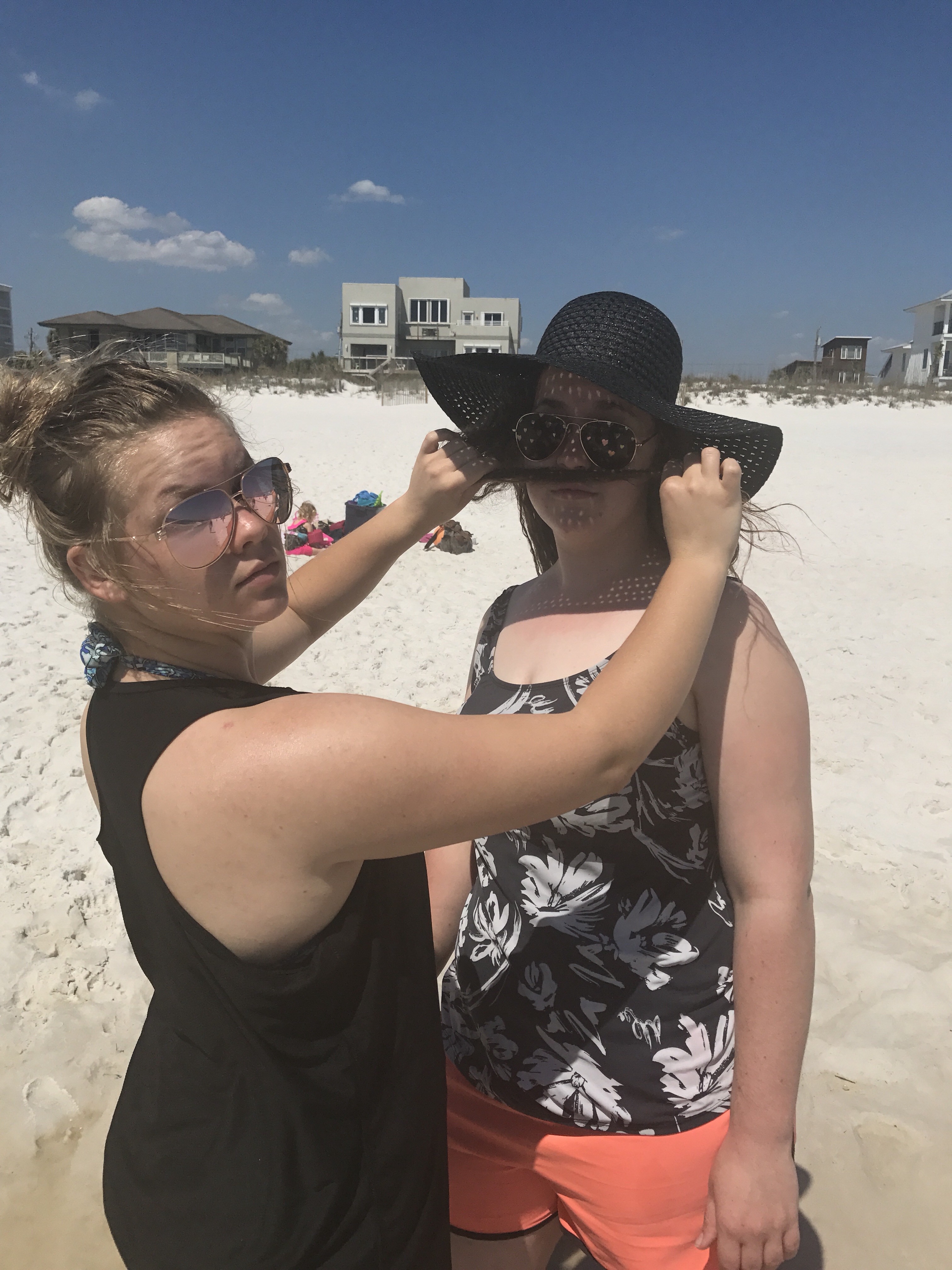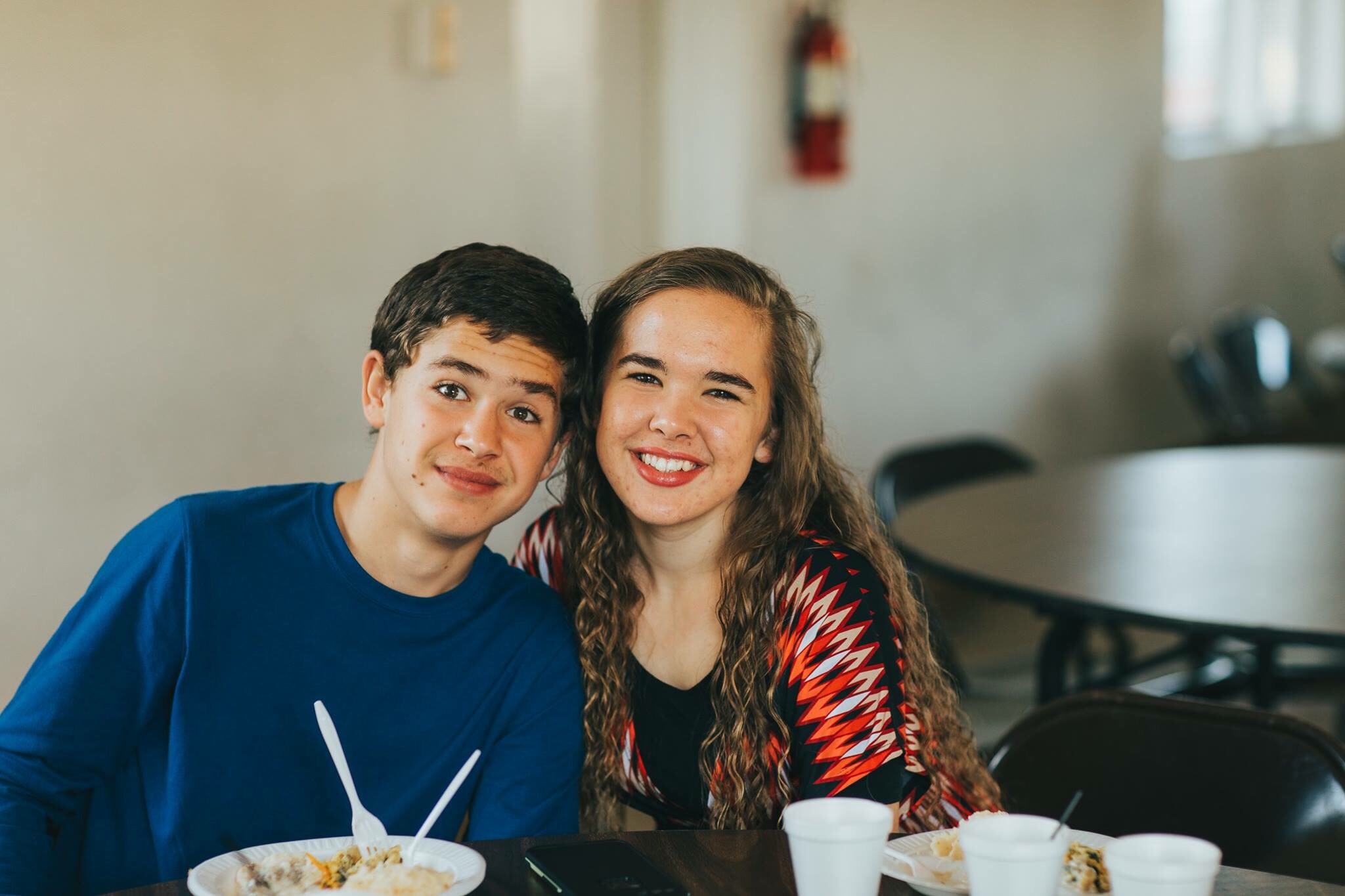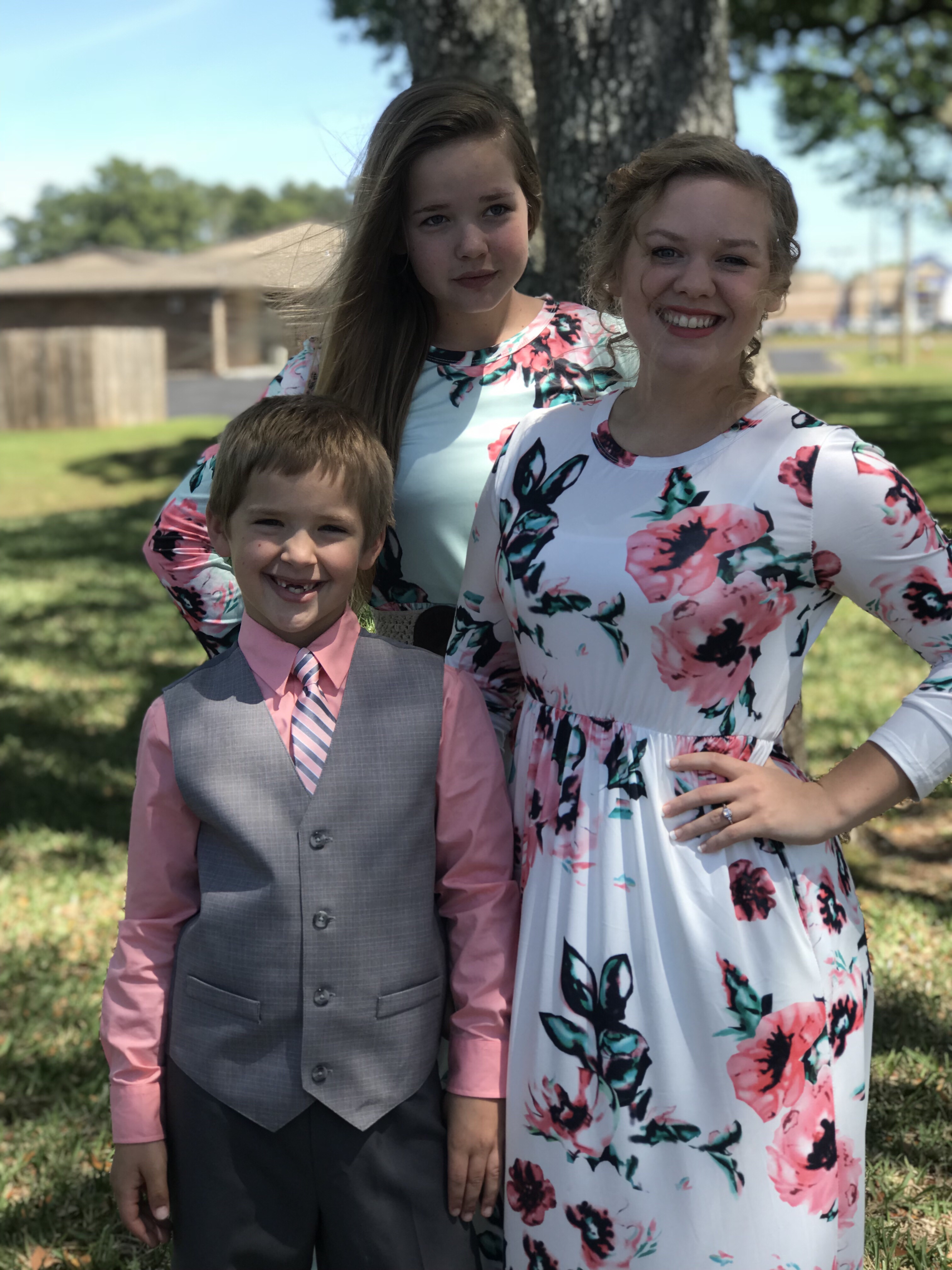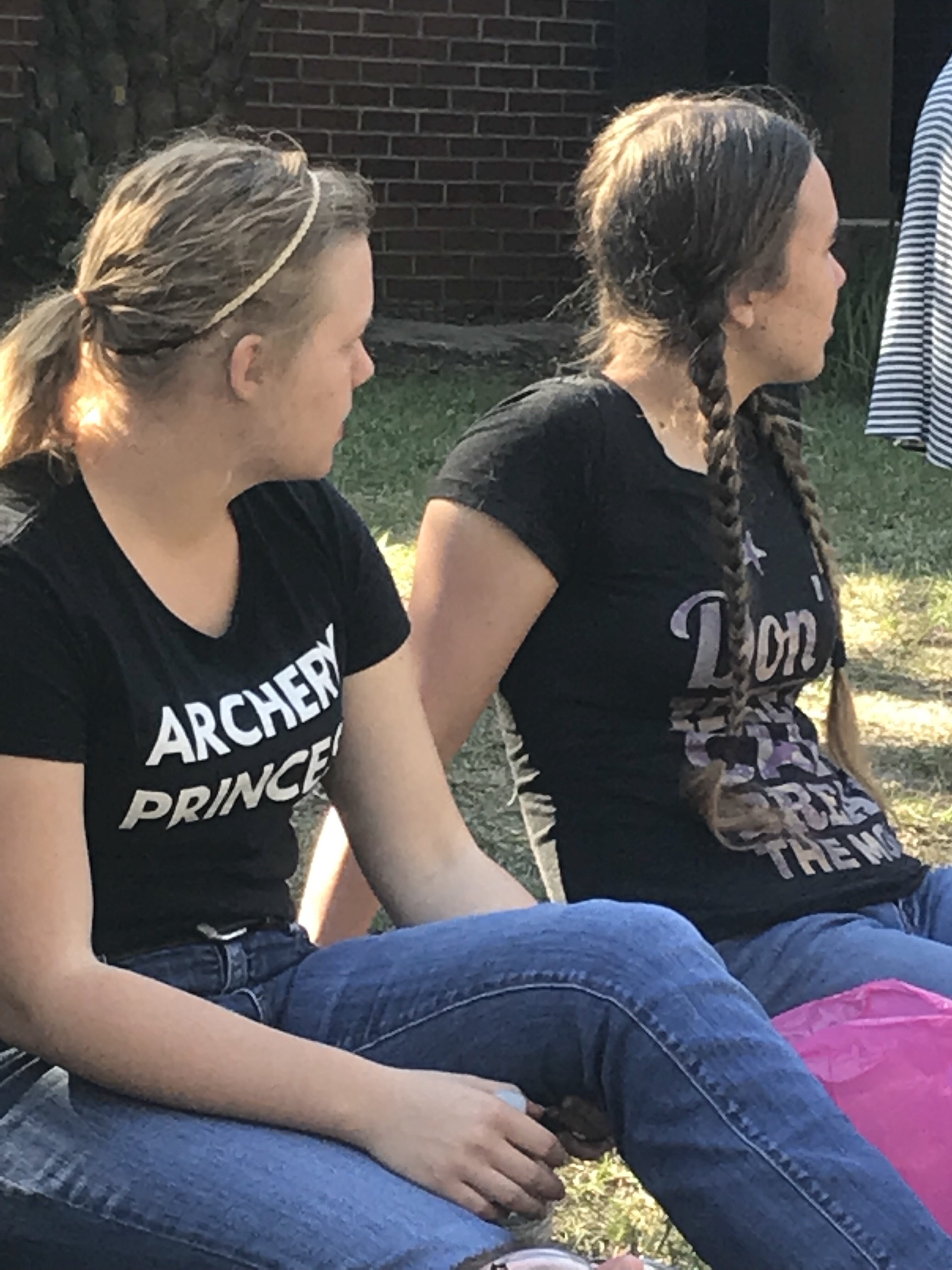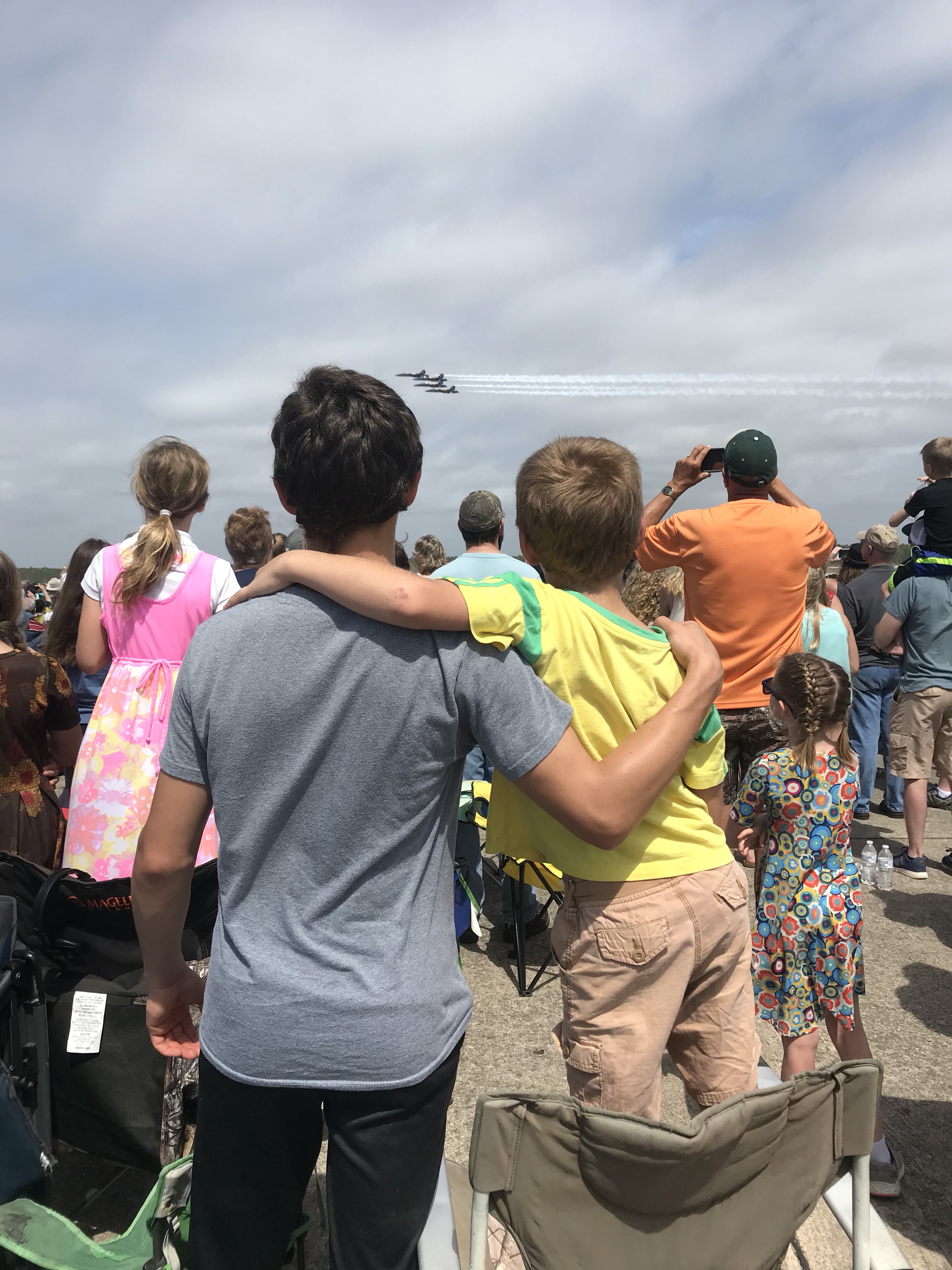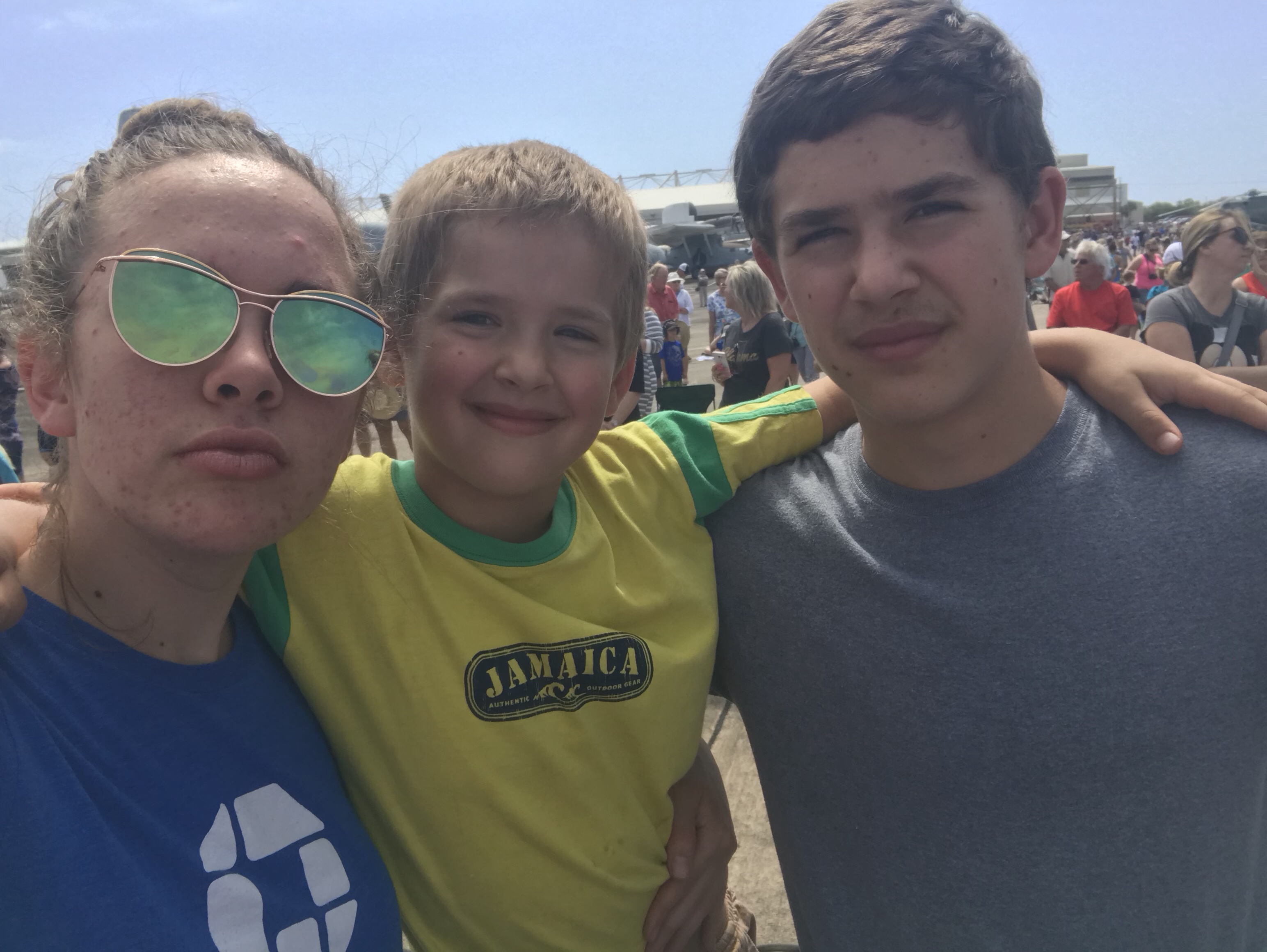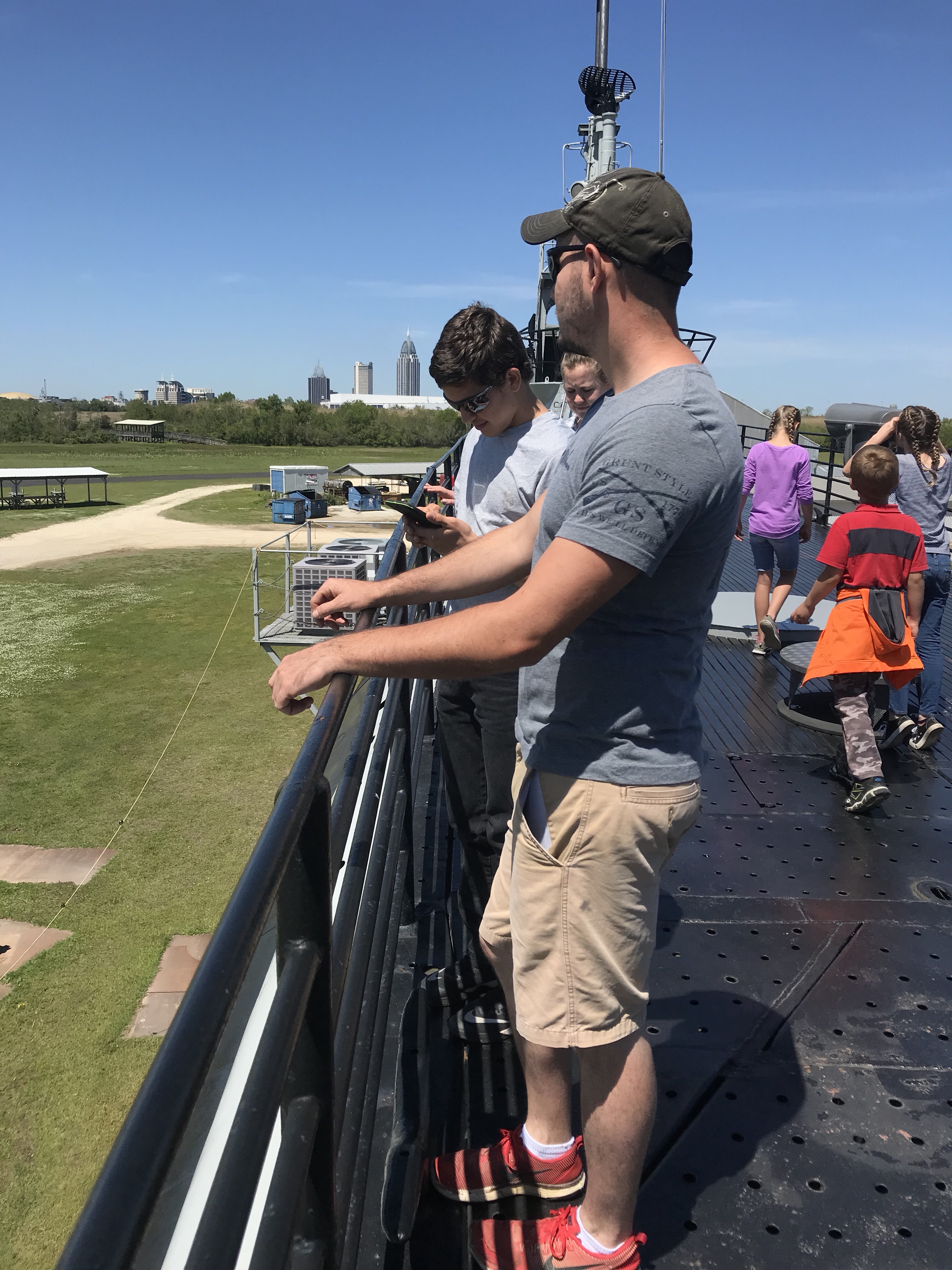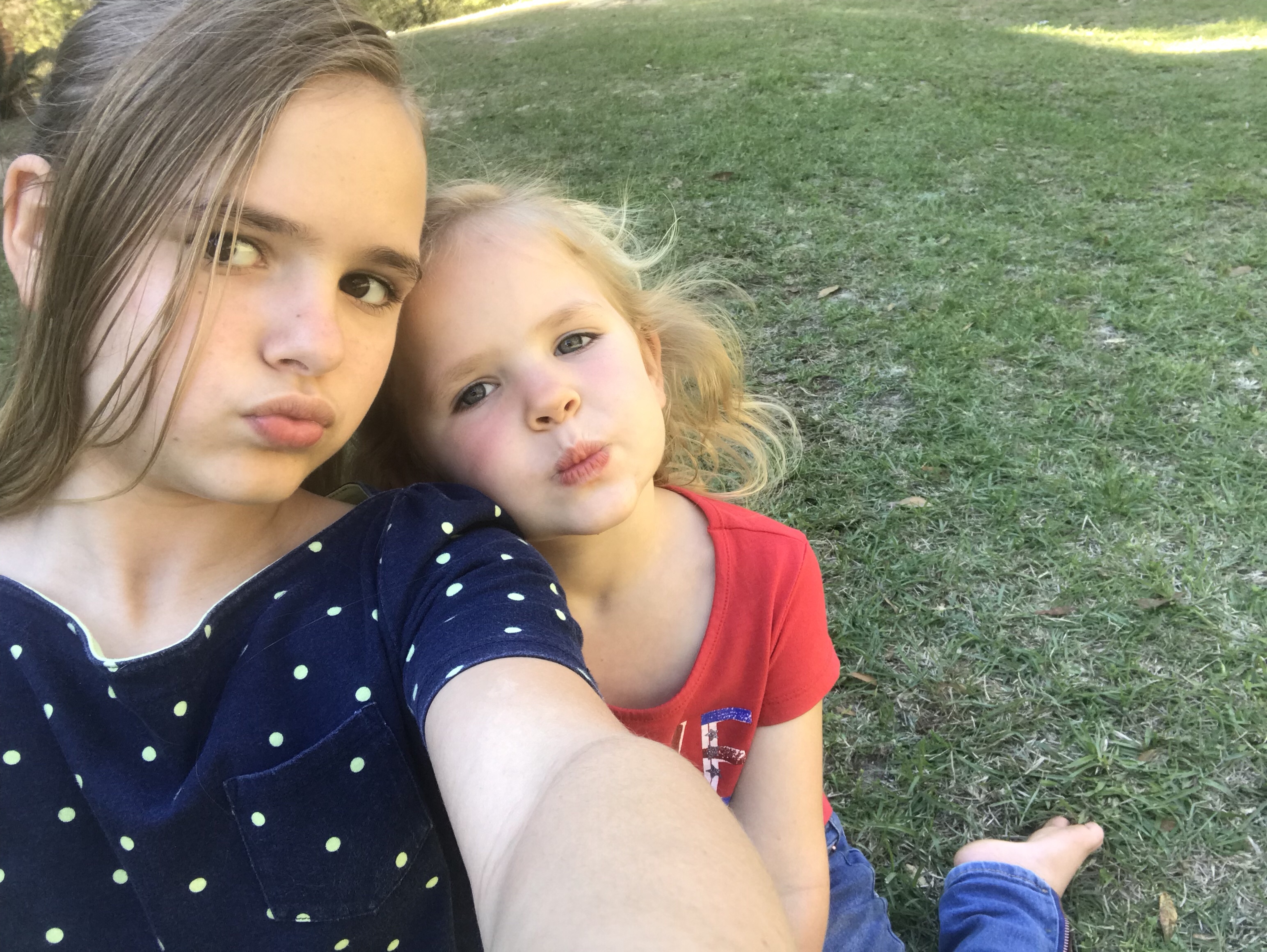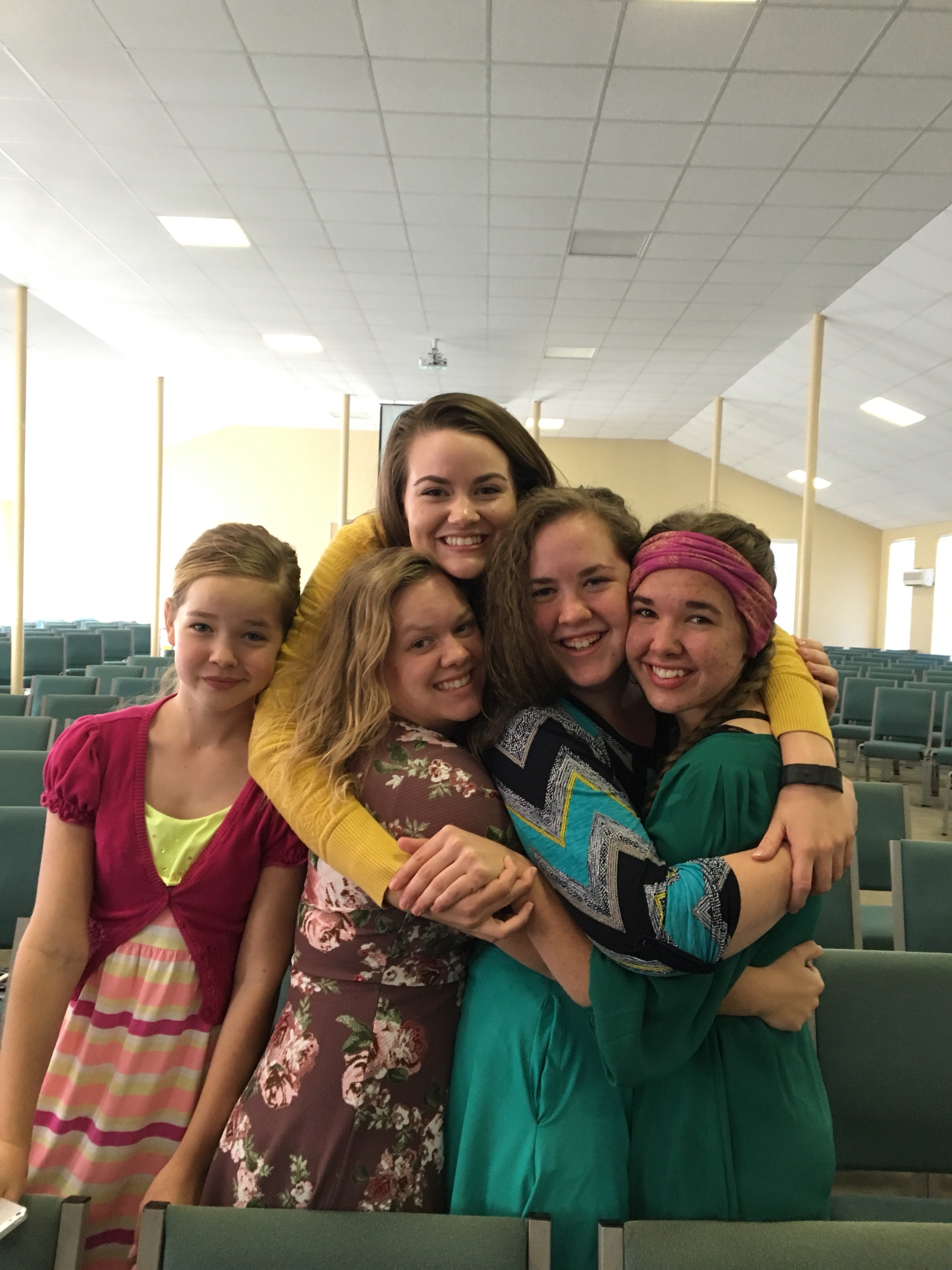I was looking over previous writing the other day and came across this short story.
This was written just over a year after I lost my dad. It’s interesting how my emotions come out through the story.
During that time, I was finding my sense of belonging, trying to establish my place in the world.
When I look back on my writing, will I be proud of where I’ve come from? Will I be able to see how I have grown? That’s my purpose.

It was a customary winter day in London. The gray-blue blanket of clouds made the streets already crowded with traffic feel more oppressive. Shutters were closed, doors tightly locked. Dim street lights did little to cheer the atmosphere through the thick fog. To top it off, a cold howl of December wind caused many a passerby to pull his cloak round his shoulders more tightly.
One individual in particular concerns us: a medium-height, slim, dark-haired maiden, hastening along the street. To a mere looker-on, she may have appeared homely, but when one took a closer look, a radiant, uncommon beauty was evident on her. Though the face was rather tired with many cares that a sixteen year old does not deserve, it bore beautiful features. Though the clothes were worn and unfashionable, the shoulders were straight and the head held high. And oh, the maiden’s eyes! Dark brown depths glistened with a hue of deep passion and love of life. Like the baker’s wife put it, “Though the child has had it about as rough as all say, she’s still got them bright eyes.”
Ellie did not hear what others said. To herself, she was just Ellie- who Ellie was, she scarcely knew. Her life so far as she remembered had been full of orders, scolding, and harsh commands. Even as a young child she had known only work, work, and more work. Other young ladies had pretty clothes, nice carriages, handsome rooms, and- what Ellie viewed as her biggest drawback- everyone else she knew had a family. Even the poor girl down the street had a father she adored. Yet Ellie had no one. No one except the cook; she was hardly family. For Gretta was moody and sullen, taking a lot of her stress out on Ellie. Though she had a soft spot in her heart for the child, she hardly let it on. Then there was the maid Mary: she was kind, but she was so busy she hardly saw Ellie, except maybe once or twice a day.
So Ellie went on in life with a constant gnawing void: she didn’t know who she belonged to. No one would tell her. All Gretta could say was, “Ye’ve been here since before me, child, and I been here for nigh unto eight years.” When Ellie asked Mary, she replied, “All I know is that one day I overheard the mistress say she got a good sum of money for taking ye. Seems mighty odd to me.”
And Ellie would never dare approach the mistress about it. All that would happen from it, at any rate, would bring her a box on the ears, or loss of her dinner for the evening.
So Ellie went on in life not belonging to anyone, not knowing the love of a family she so longed for.
There was one connection she had to the life she did not know. Only three years back Mary had taken her aside and said, “The day ye was brought here, they gave ye to me to take care of ye. I don’t know who brought ye, but this was around yer neck. I knew if Mistress would see it, she would scarf it up and get some money, but I wanted to save it for ye. Ye was such a helpless little thing.”
And with that Mary had handed Ellie a gold locket. Ever since that day, Ellie wore the locket constantly. Under the layers of her clothes of course, for she never wanted the mistress to find it.
The locket itself was a very unique and precious design. On the outside were etched the initials ESW. The inside held three pictures, one a handsome, well-dressed gentleman with a mustache, another a sad-looking but very beautiful young lady, the third a laughing baby girl. Ellie looked at these pictures often, for it was as if she knew these people very well. She felt an indescribable security in the fact that she knew, somehow, this locket held the key to where she belonged, to the love she so longed to have.
Ellie clutched the locket as she ran, her mind going faster than her feet. It seemed as if nothing could go worse today. Twice she had been boxed on the ears by the mistress, Gretta had scolded her for not scouring the pans quick enough, and now she was late going to the baker’s. It would be dark when she got back to the school, and the mistress was sure to forfeit her supper for being late with the bread.
Yet she brightened a little as she remembered the ray of sunlight in her day. Mary had seen her in the hall, and as they passed, she had whispered, “Ye look more and more every day like the beautiful lady in the picture, ye know in yer locket thing.”
“I do belong to someone, somewhere, somehow” she murmured.
A handsome carriage moved down the crowded London street. Inside sat a handsome, well-dressed gentleman with a mustache. He was well known to those around as Doctor John Wellingham, one of the richest men in England. Though still relatively young at 42, his fame and skill as a doctor was spreading fast over the whole country.
On this particular day, Doctor Wellingham was more disturbed than his usual self. He frowned and unconsciously pulled a gold locket out of his coat. He was thinking of the day so long ago when he had bought matching lockets for himself and his wife. How he had planned every detail, down to the beautifully engraved initials on each one. And the three pictures inside, one of him, one of his Elinor Sarah, and one of their baby, little Elinor. That was when Sarah and the baby were still living. Tears came to his eyes as he remembered the day 15 years ago when his wife breathed her last. Sarah was holding onto his hand, and her last words to him had been, “Take good care of our baby, John. I love you.” A couple weeks later, his only brother had come along and suggested that the toddler be sent with him, “to keep up her health.” In his grief, John had seen it as the best thing for his small child. Going abroad with her uncle’s family would bring back color to her small cheeks. And perhaps he could finish his schooling by the time his Charles returned with Elinor.
So it was settled. But scarcely three months later, the devastated John had received a letter saying little Elinor had died. Nobody knew why or how, she was just gone. Now John had a lonely life, fulfilling himself by taking extra good care of his patients and making high amounts of money. But there was always a void. Sarah and Elinor had been his whole life and ambition. He had never remarried, the thought hurt too much.
But this was not the reason he was overly perturbed. Just last night he had gone to visit Charles, who had recently found out he had a chronic illness that gave him only a few months to live. His brother had accepted the visit with unusual cordiality compared to the past 15 years. As the two had talked, Charles had cleared his throat uncomfortably and then said,”John, I have something to confess.”
John, of course, was quite surprised at this turn of events. His younger brother was proud and had always been slightly jealous of John’s fame and money. He watched closely as Charles turned his pale face toward him. “Your daughter wasn’t dead when I sent you that letter.”
Just like that, “Your daughter wasn’t dead.” John had almost fallen over. Then he had laughed nervously and had said, “Don’t tease me like this, Charles.”
But, maintaining a sober face, Charles had replied, “I’m not kidding you, John.”
A minute of silence had followed while John had tried to sort through the flood of emotions that flew through him. Remorse for sending his daughter with someone who didn’t even care. Anger at Charles. Sadness, pain, and deep hurt all took their turn. Charles turned his face away, and John had caught a glimpse of a tear in his brother’s eye.
“I wanted to inherit your money, John. I was a selfish, young prick, only thinking of myself. My wife pleaded with me not to do it, and I should have listened to her.”
More silence. Then John had asked, as if in a daze, “Where is she?”
“I don’t know. I sold her to a friend’s friend who knew someone in London who could raise her. I feel pretty certain that she is still here in London; I just don’t know where.”
More floods of emotion. His little girl, his baby Elinor, here in the same city as himself for 15 years, and he didn’t know it. She could be in a slum, or she could have died after living a horrible life who knows where. He shuddered even now at the thought.
“I felt like this sickness is God’s punishment on me for lying to you for so long, John,” his brother had continued. “I couldn’t die without telling you.” Then he had called his wife over and had her bring out a large bag of coins. “Here is the same amount of money I got for her. Use it to find her, John.” Then, more earnestly, “Can you forgive me?”
“By the grace of God, yes,” John had replied huskily. Yet this was a hard thing to forgive, and he and his brother both knew that it would take time to undo the damage.
Charles would not take the money back. “I owe it to you and to God, and to your little girl. I can’t take it, John.”
And after a longer, closer talk than the brothers had had in many years, John had left. As he went through the door, Charles’ wife had come up to him. “I hid your wife’s locket under Elinor’s clothes when Charles sent her away. It was all I could do.”
Reliving last night was like a dream. Now the question was, where to start looking for his little girl. It was a big reason to be disturbed.
—– * —–
Ellie stepped out of the baker’s shop with her big basket. She quickly looked both ways along the street. Oh, if only it wouldn’t be so busy this time of day! Finally, she saw the perfect lull in the traffic. Nimbly she started across the wet road. But with sinking horror, at the last minute she saw a beautiful horse drawn carriage coming right for her. She tried to speed up, the driver yelled and tried to slow down, flashes of black and brown flew over her. Pain shot through her whole body. Then everything was silent.
—– * —–
John was jolted out of his reverie by the shout of the carriage driver, and a sudden screeching of wheels and lurching of the whole carriage. As soon as it stopped, he quickly stepped out, ready for almost anything.
A crowd of people was quickly gathering. John saw what looked to be a teenage girl lying motionless on the road. Her face was splattered with mud, her hair and dress wet and dirty. “Doctor Wellingham,” the words were audible as they flew from mouth to mouth and the crowd recognized him. But John hardly heard. Quickly he pushed back the crowd and knelt by the girl. He felt to make sure there were no spinal injuries, then picked her up in his arms. “Where does this young girl live, and who is she?”
Nobody seemed to know. Then a young lad stepped forward. “Sir, she is the scullery maid at yon boarding school. Dunno her name though.”
John shuddered. This was about the age that his Elinor would be. For her sake, he would take extra good care of the girl.
“I will take her to my home. Inform the mistress of the boarding school, please.” With that and instructions to the carriage driver, he got back into the carriage and drove off.
No injuries other than a big cut on the girl’s head, and a sprained knee. She would soon be better. John pulled his handkerchief out of his pocket and placed it tightly on the girls head to stop the blood. “For Elinor’s sake I will see that this girl does not have to slave in a boarding school any longer,” he thought.
He glanced down as the girl stirred. What he saw startled him beyond words. He was looking directly into eyes exactly like Sarah’s. What was wrong with him? Thinking about his little girl must be messing with him. As the girl moved, he said, “Lie still,” then looked again at her eyes. They were home now, though, and he shakily carried her inside. Something was wrong with him.
He gave orders to his right hand maid to carefully wash and dress the girl. “I will be around in about and hour,” he added.
But the maid was back in 5 minutes with a queer expression on her face. “Sir, she has your locket. I thought you might want it”
Slowly Ellie opened her eyes. This must be a dream. She had this feeling of warmth and softness that she had never experienced before. Yet it didn’t melt away. She was still trying to figure what was happening, when she heard a voice at her side. “Oh, you’re awake now. I’ll go call the doctor. He sure was mighty anxious to see you.” And Ellie looked up at the smiling face of a maid, who then retreated out of a door
Subconsciously Ellie’s hand went to her neck, as it always did when she was insecure or unsettled. She groped around, still in a daze. But no, it was not there. Almost ready to cry, Ellie turned toward the door as she saw a movement there. This startled her even more, for she was staring straight into the same face as the one in the picture she had studied so often. The man started, and held the door to catch himself. “Sarah,” he murmured as he slowly came closer. “Elinor.” Then, to Ellie’s surprise, the man started crying. Yet she was not afraid.
After a minute the man started, as if collecting his thoughts. He pulled Ellie’s locket from his pocket and asked, “Is this yours?”
Ellie only reached for it. As the man came forward closer, he pulled the second locket out of his other pocket. Ellie gasped. He silently opened it, tears in his eyes. Ellie turned to see the exact pictures that were in her locket.
“My little Elinor,” the man said again, tears in his eyes. And as if she knew what he could not say, Ellie stretched her arms out to her father and looked deep into his eyes. In that moment, she knew that no matter what happened, she really did belong to someone and that this someone would never let go of her, ever.

